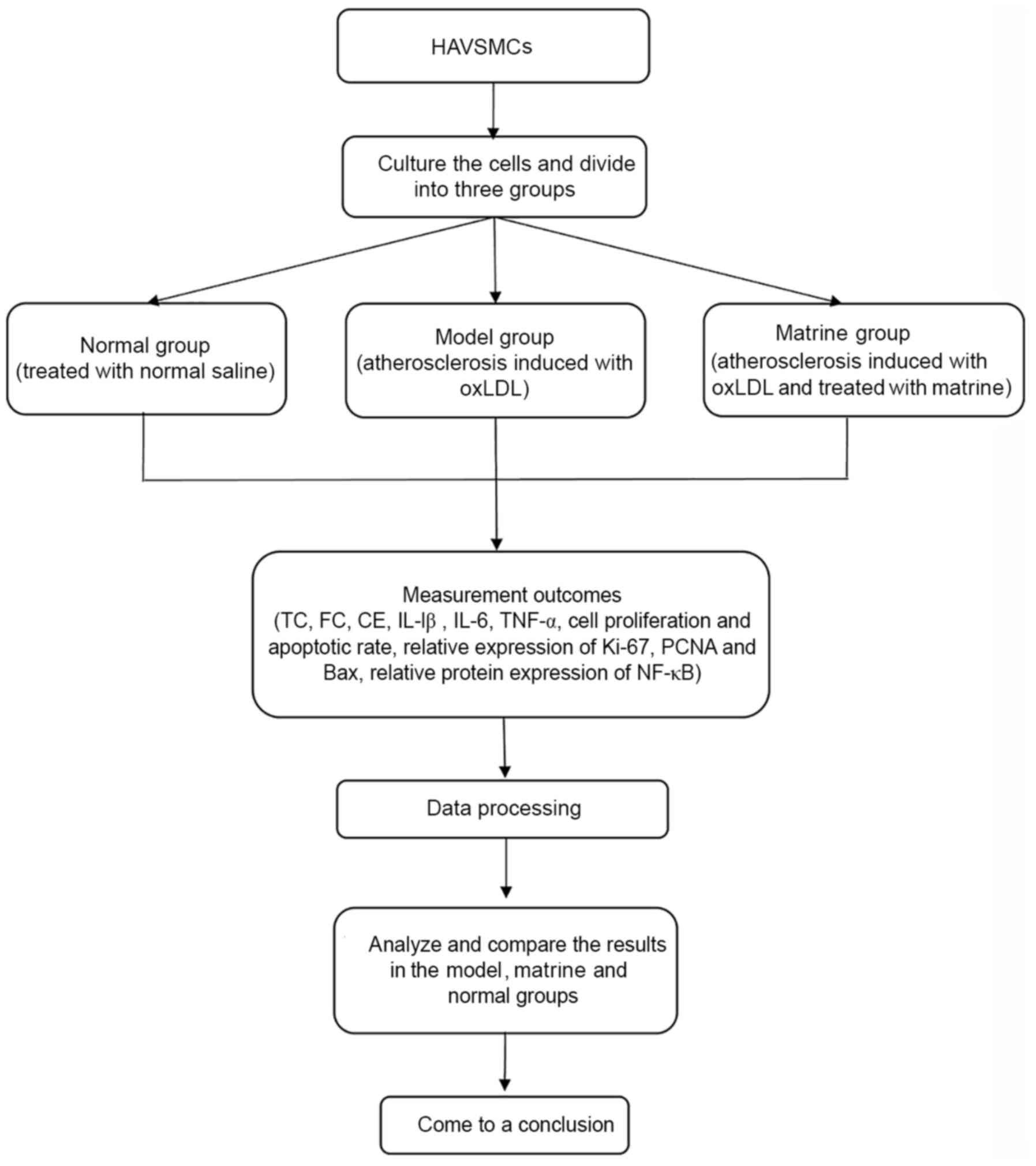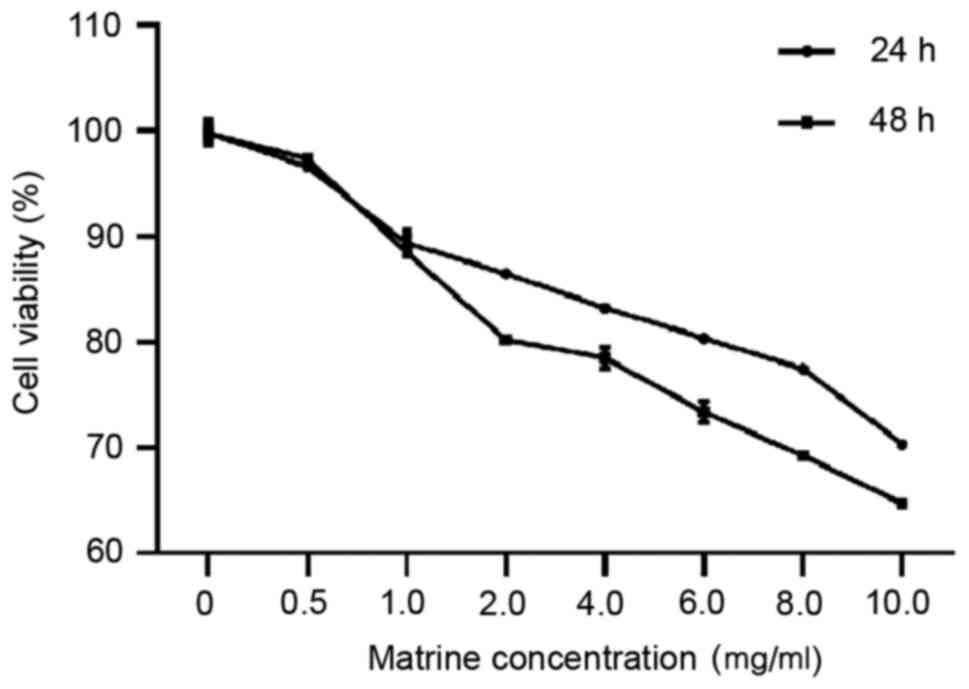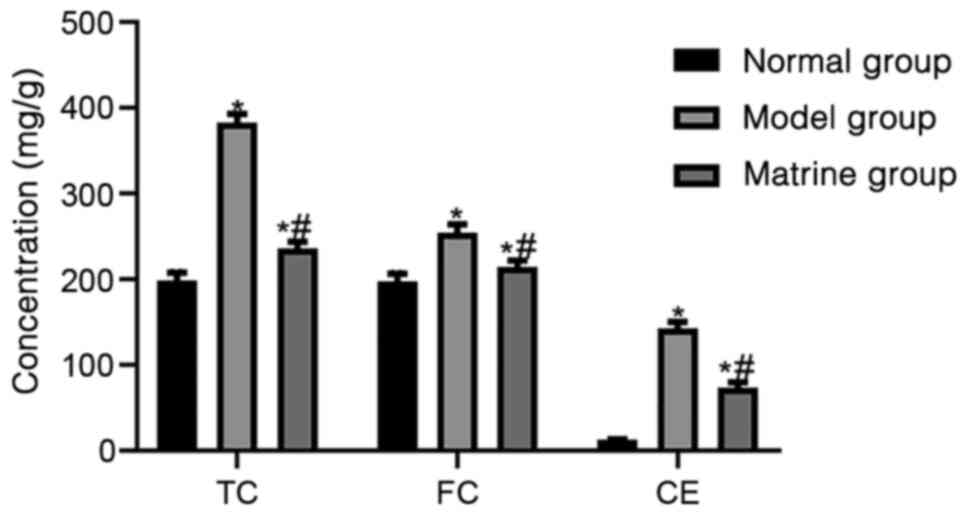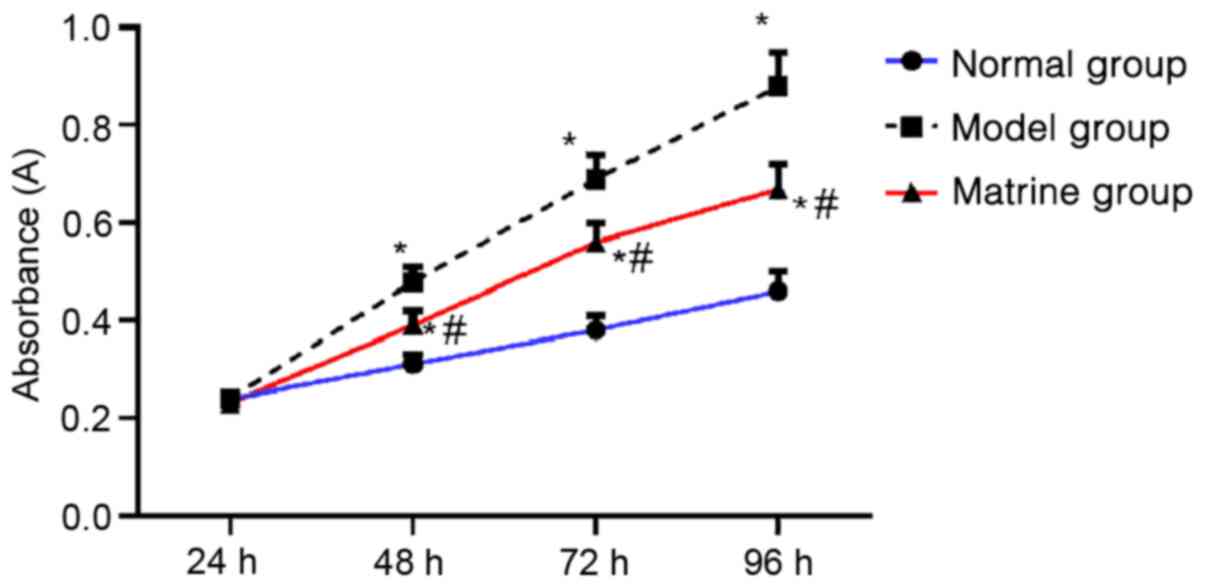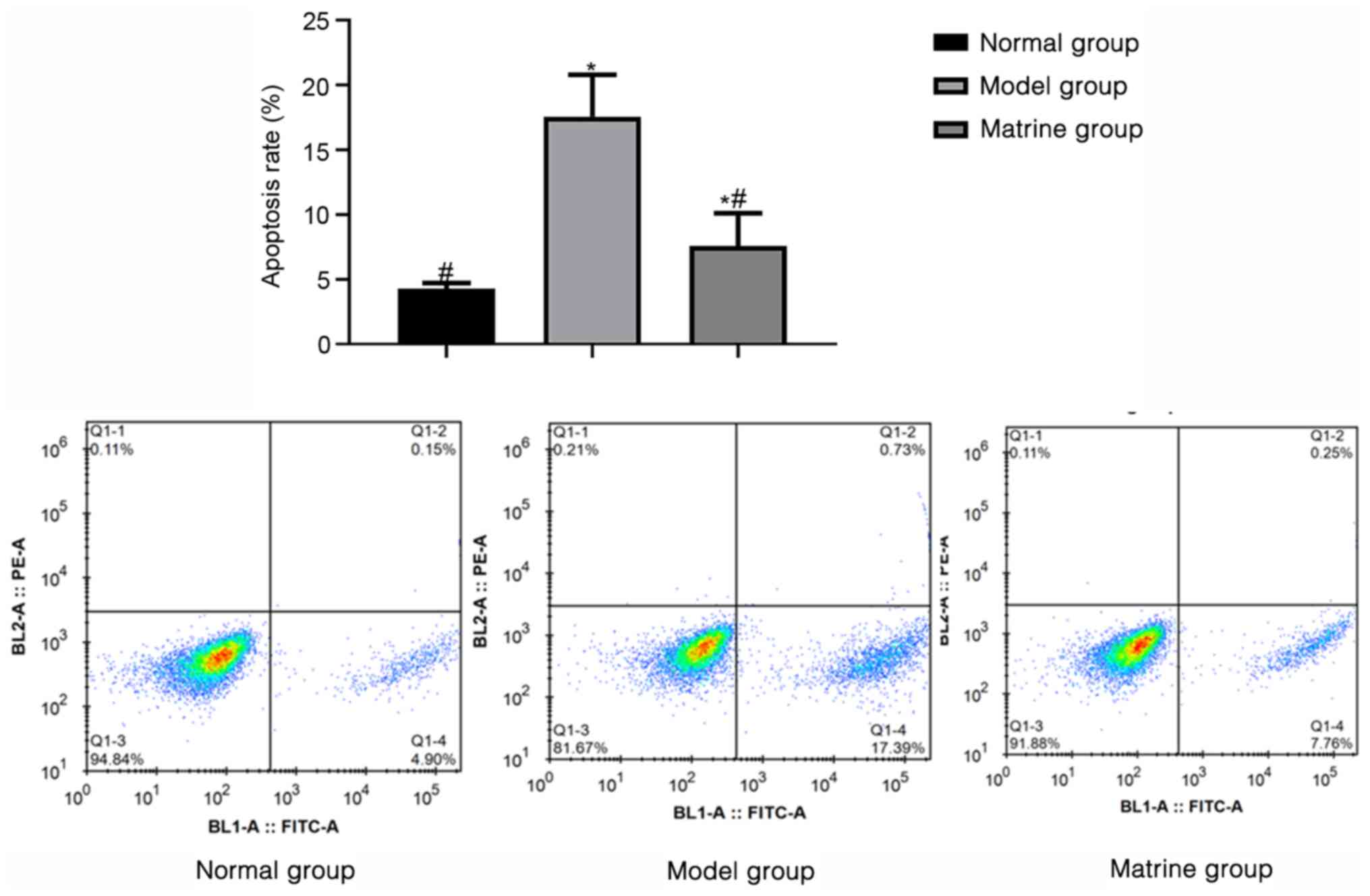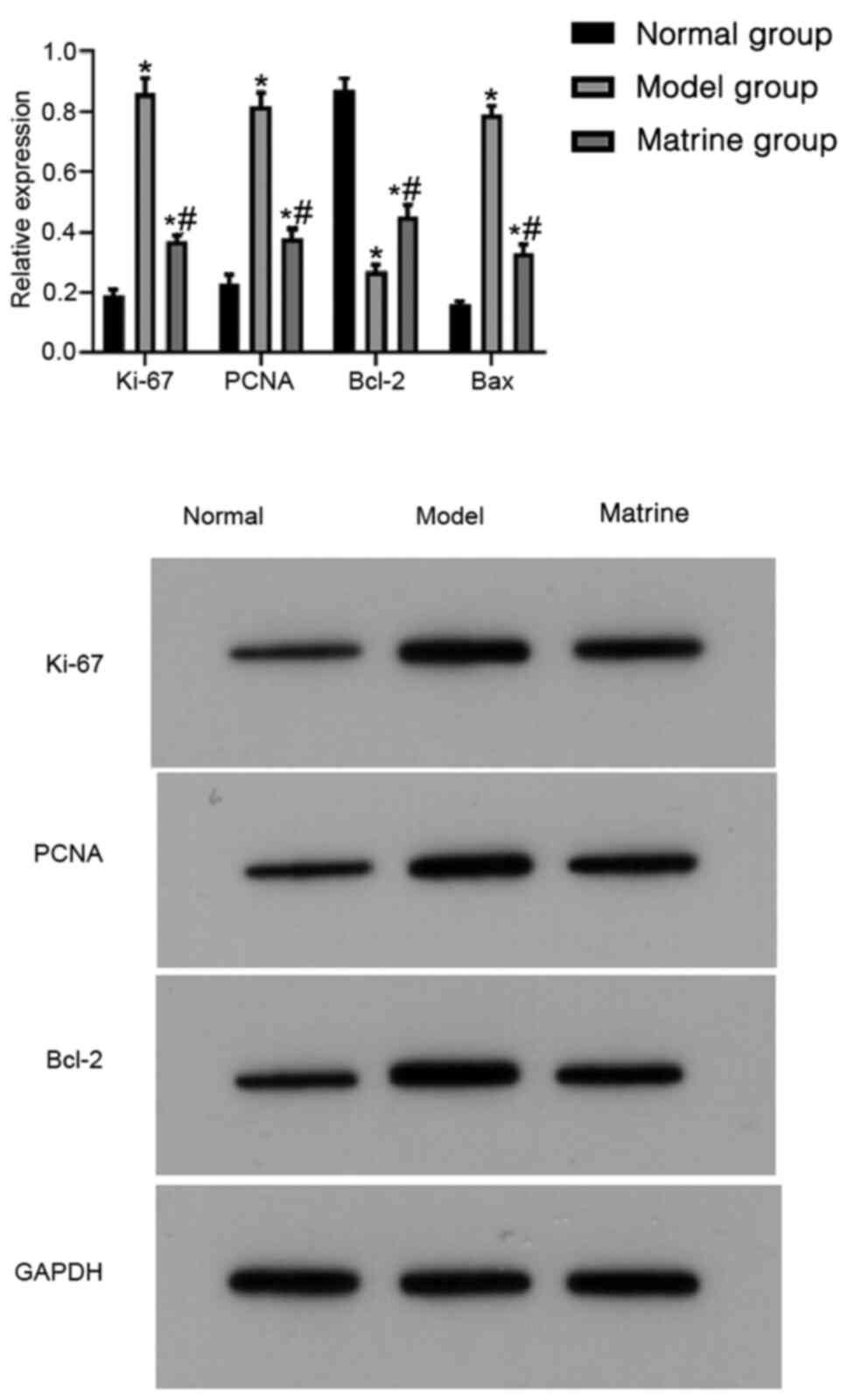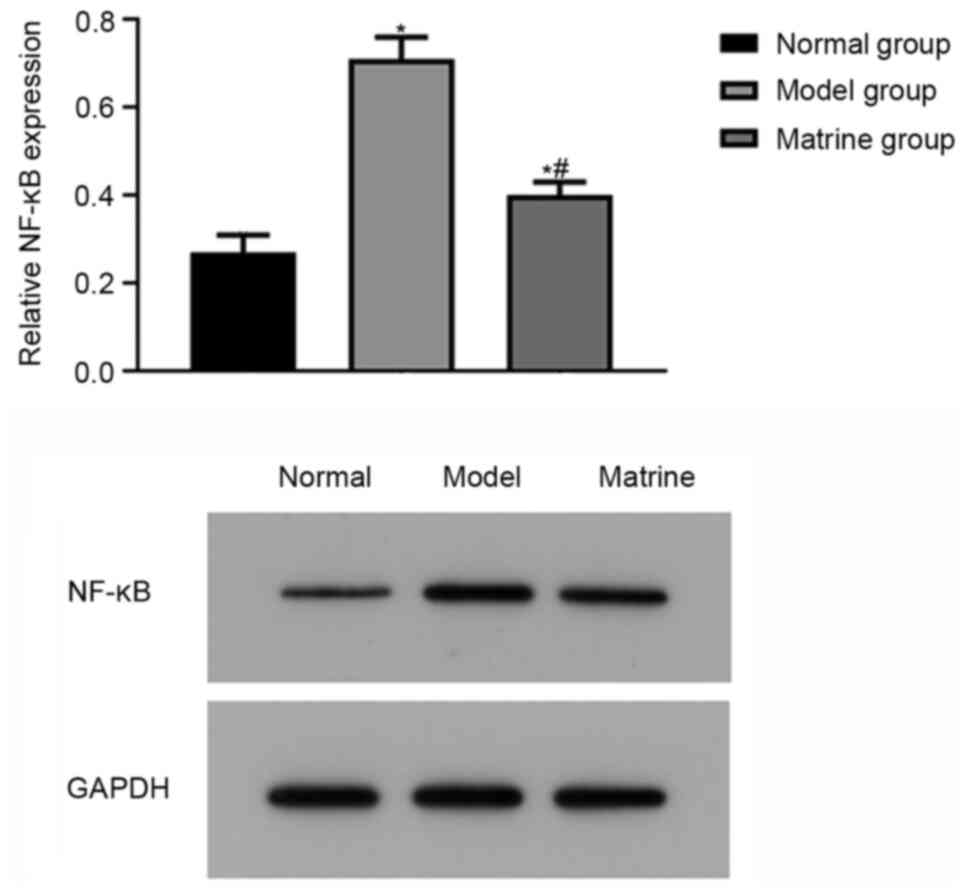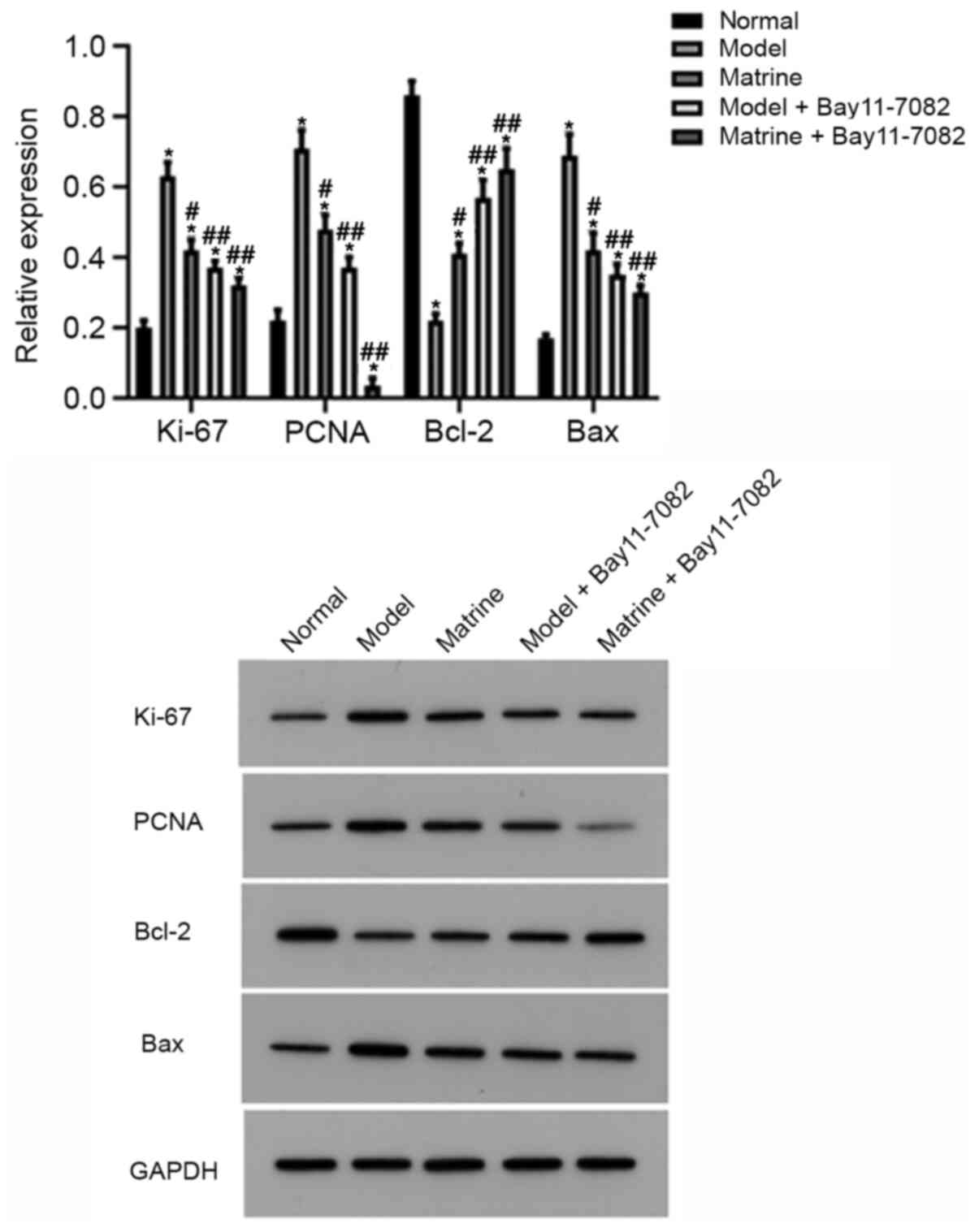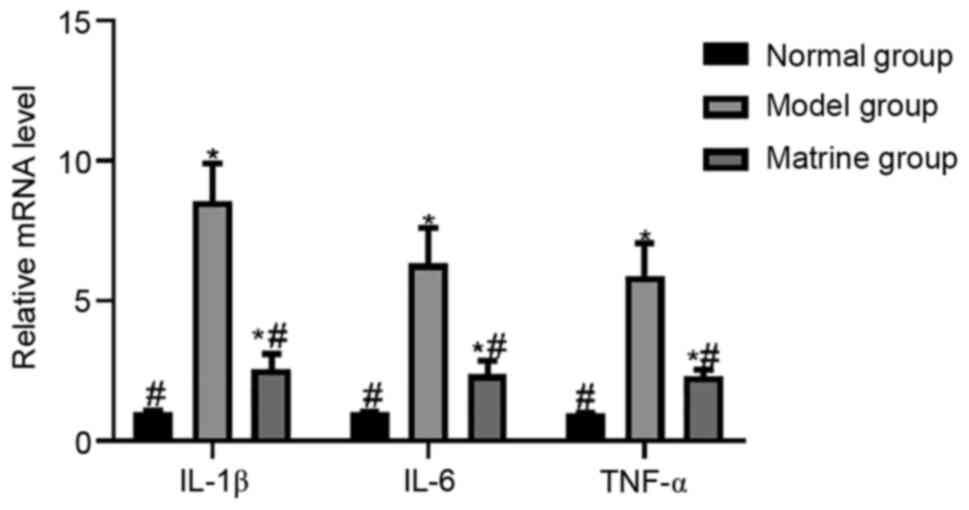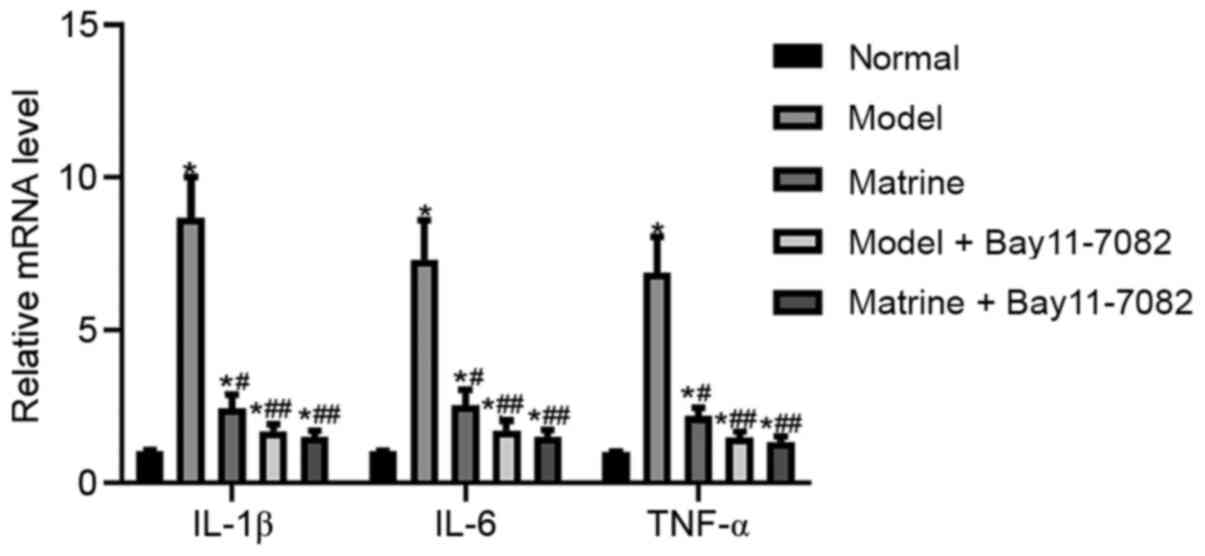|
1
|
Tabas I, García-Cardeña G and Owens GK:
Recent insights into the cellular biology of atherosclerosis. J
Cell Biol. 209:13–22. 2015.PubMed/NCBI View Article : Google Scholar
|
|
2
|
Gisterå A and Hansson GK: The immunology
of atherosclerosis. Nat Rev Nephrol. 13:368–380. 2017.PubMed/NCBI View Article : Google Scholar
|
|
3
|
Feinberg MW and Moore KJ: MicroRNA
regulation of atherosclerosis. Circ Res. 118:703–720.
2016.PubMed/NCBI View Article : Google Scholar
|
|
4
|
Bäck M and Hansson GK: Anti-inflammatory
therapies for atherosclerosis. Nat Rev Cardiol. 12:199–211.
2015.PubMed/NCBI View Article : Google Scholar
|
|
5
|
Libby P and Everett BM: Novel
antiatherosclerotic therapies. Arterioscler Thromb Vasc Biol.
39:538–545. 2019.PubMed/NCBI View Article : Google Scholar
|
|
6
|
Zhu Y, Xian X, Wang Z, Bi Y, Chen Q, Han
X, Tang D and Chen R: Research progress on the relationship between
atherosclerosis and inflammation. Biomolecules.
8(80)2018.PubMed/NCBI View Article : Google Scholar
|
|
7
|
Zhang MJ and Huang J: Recent research
progress of anti-tumor mechnism matrine. Zhongguo Zhong Yao Za Zhi.
29:115–118. 2004.PubMed/NCBI(In Chinese).
|
|
8
|
Liu Y, Xu Y, Ji W, Li X, Sun B, Gao Q and
Su C: Anti-tumor activities of matrine and oxymatrine: Literature
review. Tumour Biol. 35:5111–5119. 2014.PubMed/NCBI View Article : Google Scholar
|
|
9
|
Suo Z, Liu Y, Ferreri M, Zhang T, Liu Z,
Mu X and Han B: Impact of matrine on inflammation related factors
in rat intestinal microvascular endothelial cells. J
Ethnopharmacol. 125:404–409. 2009.PubMed/NCBI View Article : Google Scholar
|
|
10
|
Yu HB, Zhang HF, Li DY, Zhang X, Xue HZ
and Zhao SH: Matrine inhibits matrix metalloproteinase-9 expression
and invasion of human hepatocellular carcinoma cells. J Asian Nat
Prod Res. 13:242–250. 2011.PubMed/NCBI View Article : Google Scholar
|
|
11
|
Liu XY, Fang H, Yang ZG, Wang XY, Ruan LM,
Fang DR, Ding YG, Wang YN, Zhang Y, Jiang XL and Chen HC: Matrine
inhibits invasiveness and metastasis of human malignant melanoma
cell line A375 in vitro. Int J Dermatol. 47:448–456.
2008.PubMed/NCBI View Article : Google Scholar
|
|
12
|
Livak KJ and Schmittgen TD: Analysis of
relative gene expression data using real-time quantitative PCR and
the 2(-Delta Delta C(T)) method. Methods. 25:402–408.
2001.PubMed/NCBI View Article : Google Scholar
|
|
13
|
de Boer OJ, van der Wal AC and Becker AE:
Atherosclerosis, inflammation, and infection. J Pathol.
190:237–243. 2000.PubMed/NCBI View Article : Google Scholar
|
|
14
|
Libby P, Ridker PM and Hansson GK: Leducq
Transatlantic Network on Atherothrombosis. Inflammation in
atherosclerosis: From pathophysiology to practice. J Am Coll
Cardiol. 54:2129–2138. 2009.PubMed/NCBI View Article : Google Scholar
|
|
15
|
Faggioni R, Fantuzzi G, Fuller J,
Dinarello CA, Feingold KR and Grunfeld C: IL-1beta mediates leptin
induction during inflammation. Am J Physiol. 274:R204–R208.
1998.PubMed/NCBI View Article : Google Scholar
|
|
16
|
Lopez-Castejon G and Brough D:
Understanding the mechanism of IL-1β secretion. Cytokine Growth
Factor Rev. 22:189–195. 2011.PubMed/NCBI View Article : Google Scholar
|
|
17
|
Bhaskar V, Yin J, Mirza AM, Phan D,
Vanegas S, Issafras H, Michelson K, Hunter JJ and Kantak SS:
Monoclonal antibodies targeting IL-1 beta reduce biomarkers of
atherosclerosis in vitro and inhibit atherosclerotic plaque
formation in Apolipoprotein E-deficient mice. Atherosclerosis.
216:313–320. 2011.PubMed/NCBI View Article : Google Scholar
|
|
18
|
Rus HG, Vlaicu R and Niculescu F:
Interleukin-6 and interleukin-8 protein and gene expression in
human arterial atherosclerotic wall. Atherosclerosis. 127:263–271.
1996.PubMed/NCBI View Article : Google Scholar
|
|
19
|
Stenvinkel P, Barany P, Heimbürger O,
Pecoits-Filho R and Lindholm B: Mortality, malnutrition, and
atherosclerosis in ESRD: What is the role of interleukin-6? Kidney
Int. Suppl:103–108. 2002.PubMed/NCBI View Article : Google Scholar
|
|
20
|
Seino Y, Ikeda U, Ikeda M, Yamamoto K,
Misawa Y, Hasegawa T, Kano S and Shimada K: Interleukin 6 gene
transcripts are expressed in human atherosclerotic lesions.
Cytokine. 6:87–91. 1994.PubMed/NCBI View Article : Google Scholar
|
|
21
|
Skoog T, Dichtl W, Boquist S,
Skoglund-Andersson C, Karpe F, Tang R, Bond MG, de Faire U, Nilsson
J, Eriksson P and Hamsten A: Plasma tumour necrosis factor-alpha
and early carotid atherosclerosis in healthy middle-aged men. Eur
Heart J. 23:376–383. 2002.PubMed/NCBI View Article : Google Scholar
|
|
22
|
Suarez EC, Lewis JG and Kuhn C: The
relation of aggression, hostility, and anger to
lipopolysaccharide-stimulated tumor necrosis factor (TNF)-alpha by
blood monocytes from normal men. Brain Behav Immun. 16:675–684.
2002.PubMed/NCBI View Article : Google Scholar
|
|
23
|
Zhou J, Ma W, Wang X, Liu H, Miao Y, Wang
J, Du P, Chen Y, Zhang Y and Liu Z: Matrine suppresses reactive
oxygen species (ROS)-mediated MKKs/p38-induced inflammation in
oxidized low-density lipoprotein (ox-LDL)-stimulated macrophages.
Med Sci Monit. 25:4130–4136. 2019.PubMed/NCBI View Article : Google Scholar
|
|
24
|
Zhong W, Peng J, He H, Wu D, Han Z, Bi X
and Dai Q: Ki-67 and PCNA expression in prostate cancer and benign
prostatic hyperplasia. Clin Invest Med. 31:E8–E15. 2008.PubMed/NCBI View Article : Google Scholar
|
|
25
|
Kayaselçuk F, Zorludemir S, Gümürdühü D,
Zeren H and Erman T: PCNA and Ki-67 in central nervous system
tumors: Correlation with the histological type and grade. J
Neurooncol. 57:115–121. 2002.PubMed/NCBI View Article : Google Scholar
|
|
26
|
Reed JC: Proapoptotic multidomain
Bcl-2/Bax-family proteins: Mechanisms, physiological roles, and
therapeutic opportunities. Cell Death Differ. 13:1378–1386.
2006.PubMed/NCBI View Article : Google Scholar
|
|
27
|
Zhang LP, Jiang JK, Tam JW, Zhang Y, Liu
XS, Xu XR, Liu BZ and He YJ: Effects of matrine on proliferation
and differentiation in K-562 cells. Leuk Res. 25:793–800.
2001.PubMed/NCBI View Article : Google Scholar
|
|
28
|
Lawrence T: The nuclear factor NF-kappaB
pathway in inflammation. Cold Spring Harb Perspect Biol.
1(a001651)2009.PubMed/NCBI View Article : Google Scholar
|
|
29
|
Moynagh PN: The NF-kappaB pathway. J Cell
Sci. 118:4589–4592. 2005.PubMed/NCBI View Article : Google Scholar
|
|
30
|
Liu J, Zhang L, Ren Y, Gao Y, Kang L and
Lu S: Matrine inhibits the expression of adhesion molecules in
activated vascular smooth muscle cells. Mol Med Rep. 13:2313–2319.
2016.PubMed/NCBI View Article : Google Scholar
|















